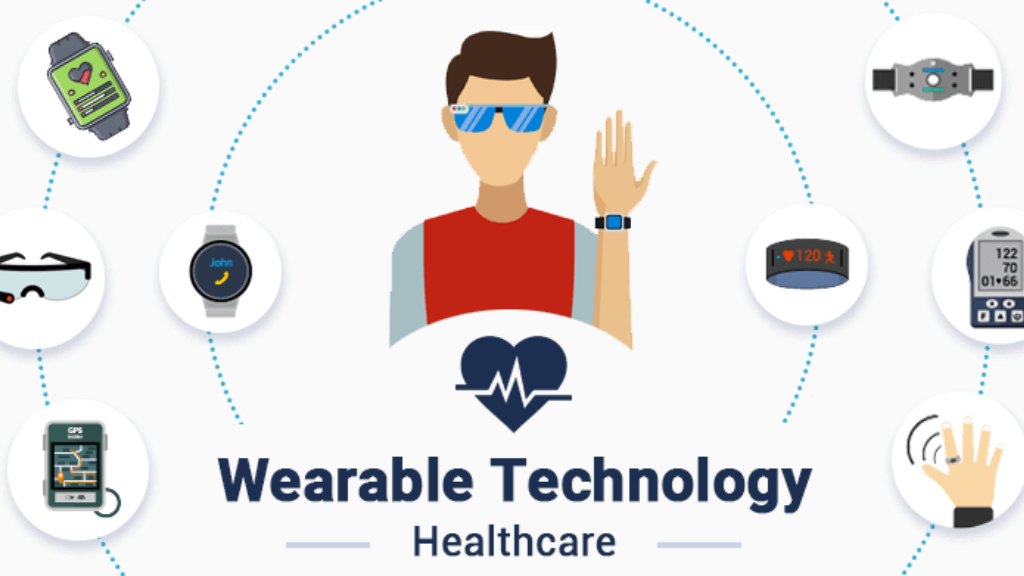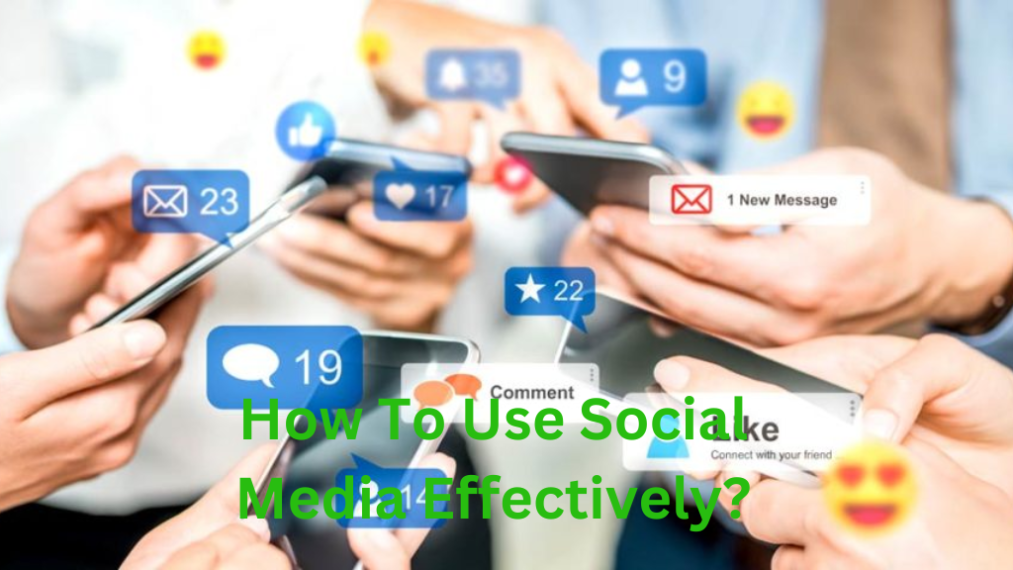As we navigate this increasingly digital world, you might wonder how technology impacts our brains and behavior. How does our constant interaction with screens affect us? We’ll delve into the fascinating world of the psychology of technology, helping you understand its profound impact on our lives.
The psychology of technology is a branch of psychology that studies the impacts of digital technology on human behavior, cognition, and emotions. Given the pace at which new technologies are emerging, it’s a rapidly evolving field. From social media use to artificial intelligence, this field explores all aspects of our interactions with technology.
So, are you ready to explore the link between our minds and machines? In this article, we’ll uncover:
- The impacts of technology on our mental health
- The psychology behind our addiction to social media
- How technology affects our ability to focus and process information
- The role of technology in shaping our perceptions and attitudes
By understanding the psychology of technology, you can make more informed choices about your tech use, improve your mental well-being, and live a more balanced digital life. Let’s start this insightful journey!
How Does Technology Impact Our Mental Health?

As a digital native, you might find it hard to imagine a world without smartphones, laptops, and the internet. But have you ever stopped thinking about how these technologies affect your mental health? Let’s delve into the psychological impacts of technology.
The Double-Edged Sword of Connectivity
On one hand, technology has revolutionized the way we communicate and share information. Social media platforms and messaging apps have made staying in touch easier, exchanging ideas, and building networks. Yet, this constant connectivity can also be a source of stress and anxiety. The pressure to always be “on,” to respond instantly to messages, and to maintain an idealized online persona can take a toll on your mental well-being.
The Impact Of Screen Time
Spending hours in front of screens, whether for work or leisure, has become the norm for many. Research indicates that excessive screen time can lead to problems like sleep disruption, decreased physical activity, and poor posture, which can negatively impact your mental health. Moreover, the blue light emitted by screens can interfere with your body’s natural sleep-wake cycle, leading to sleep disorders and associated mental health issues.
The Role of Social Media
While social media can be an excellent tool for connecting with others and finding inspiration, it can also lead to feelings of inadequacy and low self-esteem. The constant exposure to carefully curated, idealized representations of others’ lives can make you feel like you’re not measuring up. Additionally, cyberbullying on social media platforms is a serious issue, causing significant emotional distress for many.
Technology and Mental Health Disorders
There is growing evidence that excessive use of technology can contribute to the development mental health disorders. For instance, internet addiction disorder, characterized by excessive or poorly controlled preoccupations, urges, or behaviors regarding internet use, is now recognized as a significant mental health issue. Furthermore, researchers have found links between heavy use of social media and increased symptoms of depression and anxiety.
Awareness of these potential effects of technology on mental health can help you to establish healthier technology habits. Balancing your time online with other activities, setting boundaries for work communication, and being mindful of your social media usage are all strategies that can support your mental well-being in the digital age.
What Are The Psychological Implications Of Wearable Technology?

The advent of wearable technology has created a new frontier in psychology. This technology, like smartwatches and fitness bands, has become integral to our daily lives, helping us track our health, and sleep and even manage our stress levels. However, these devices offer numerous benefits but have potential psychological implications worth considering.
The Paradox of Self-Monitoring
On the one hand, wearable technology empowers us with data about our health and well-being. This self-monitoring can motivate us to lead healthier lifestyles. For instance, if your fitness band indicates that you’ve been sedentary for too long, you might be prompted to get up and move around. However, this constant monitoring can also lead to a phenomenon known as quantified self-stress.
Quantified self-stress refers to the anxiety and pressure from constantly tracking and measuring one’s behavior. This can lead to an unhealthy obsession with numbers and performance, potentially harming mental well-being.
The Illusion of Control
Wearable technology can also create an illusion of control. By giving us real-time data about our bodies, these devices can make us feel more in control of our health. While this can be empowering, it can also foster a false sense of security. For instance, just because your smartwatch shows regular heart rate readings doesn’t mean you are free from cardiovascular diseases.
Social Comparison and Self-Esteem
Furthermore, wearable technology often includes social features that allow you to compare your progress. This can create a sense of competition that fuels motivation. However, it can also lead to unfavorable social comparison, potentially damaging self-esteem and triggering feelings of inadequacy if you cannot keep up with others.
How Does Technology Influence Our Decision-Making Processes?
Have you ever considered the profound influence technology has over your decision-making processes? This might be something you’ve never given a moment’s thought to. But don’t be surprised because the interrelation between technology and decision-making is an emerging field of interest for psychologists and technology experts alike. Let’s explore this topic and how technology is reshaping our choices and decisions.
Information Overload and Decision Fatigue
With the advent of technology, we now have abundant information at our fingertips. While this can be beneficial, it can lead to what psychologists call “information overload.” This is when you have so much information that it becomes challenging to decide. It can lead to decision fatigue, where your ability to make sound decisions deteriorates due to the mental exhaustion of so many choices.
Online Shopping And Choice Overload
Online shopping is another area where technology impacts our decision-making. With endless online options, it’s easy to fall into a “choice overload.” This is a psychological phenomenon where too many options can lead to anxiety and stress and, ironically, can fail to make a decision.
Technology And Impulse Buying
Furthermore, online shopping platforms are designed to trigger impulse buying. The ‘one-click buy’ option, personalized recommendations, and flash sales can often lead to impulsive buying decisions. This is because these features appeal to our emotional brain, bypassing our logical brain, which usually takes time to weigh the pros and cons before making a decision.
Conclusion
Evidently, technology profoundly influences our psychological well-being, decision-making processes, and self-perception. The omnipresent nature of technology in our lives can be both a boon and a bane, shaping our mental health and everyday decisions in ways we might not be fully aware of.
While technology offers us unprecedented connectivity and access to information, it can also lead to feelings of isolation, screen addiction, and a distorted self-image. Hence, it’s essential for you to understand the potential psychological implications of technology use and to find a balance that works for you.
- Mindfulness is critical in mitigating some of the negative aspects of technology. Being present and conscious of our tech use can help us prevent screen addiction and maintain healthier social media habits.
- Self-monitoring tools can contribute to better health and fitness if used correctly. However, if misused, they can lead to obsessive behaviors and enhanced stress levels due to constant monitoring and comparison.
- Choice overload and impulse buying are common phenomena in the digital age. Therefore, developing strategies to handle information overload and making informed decisions is essential.
Ultimately, technology is a tool, and like any tool, its impact largely depends on how we use it. By understanding these psychological implications, we can strive to use technology to enhance rather than hinder our mental well-being and daily lives.





